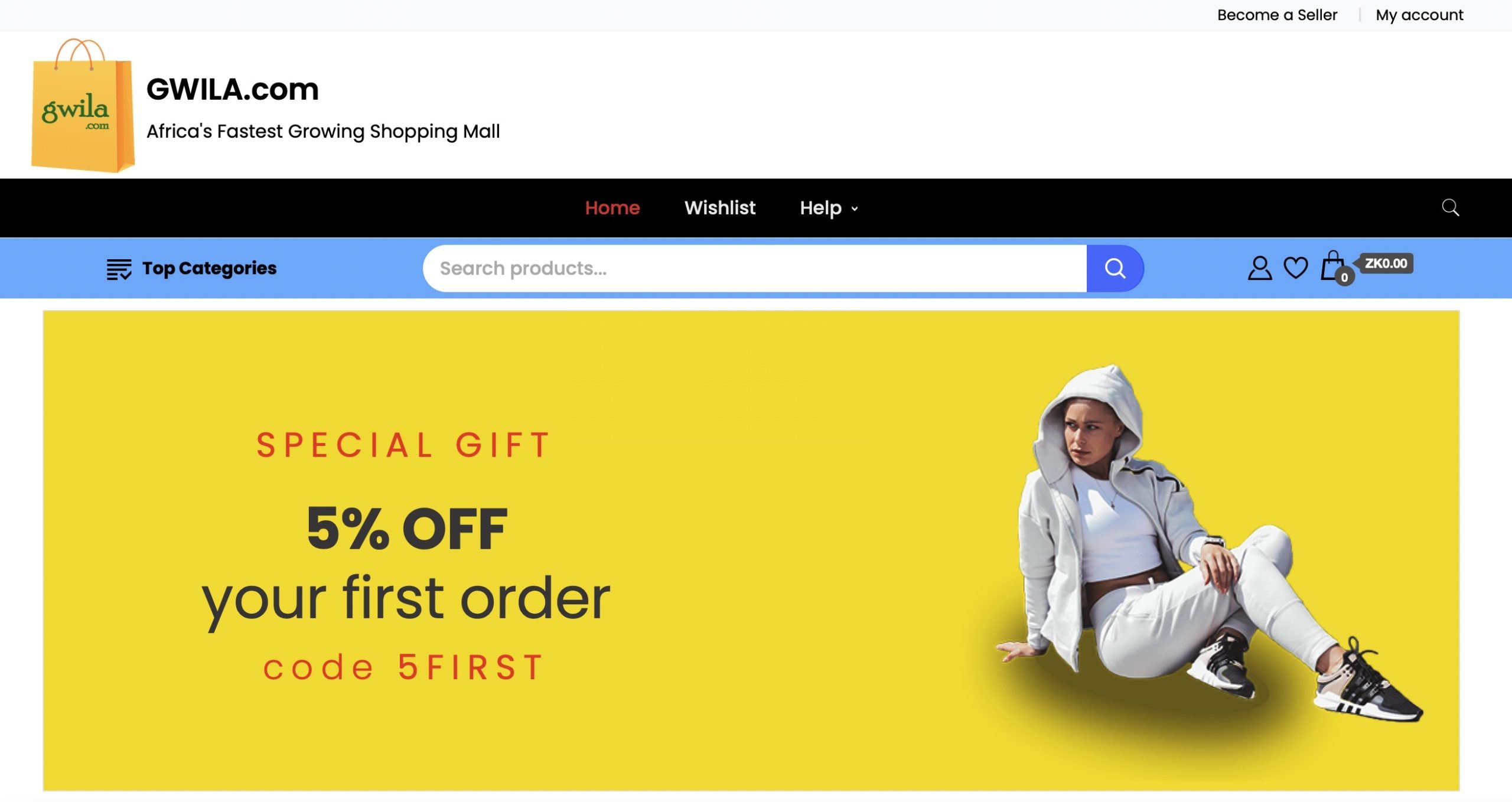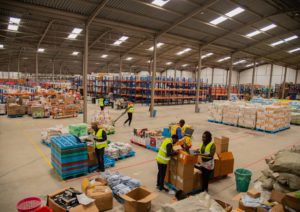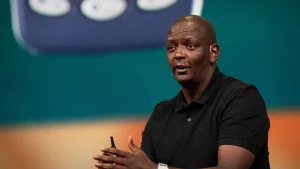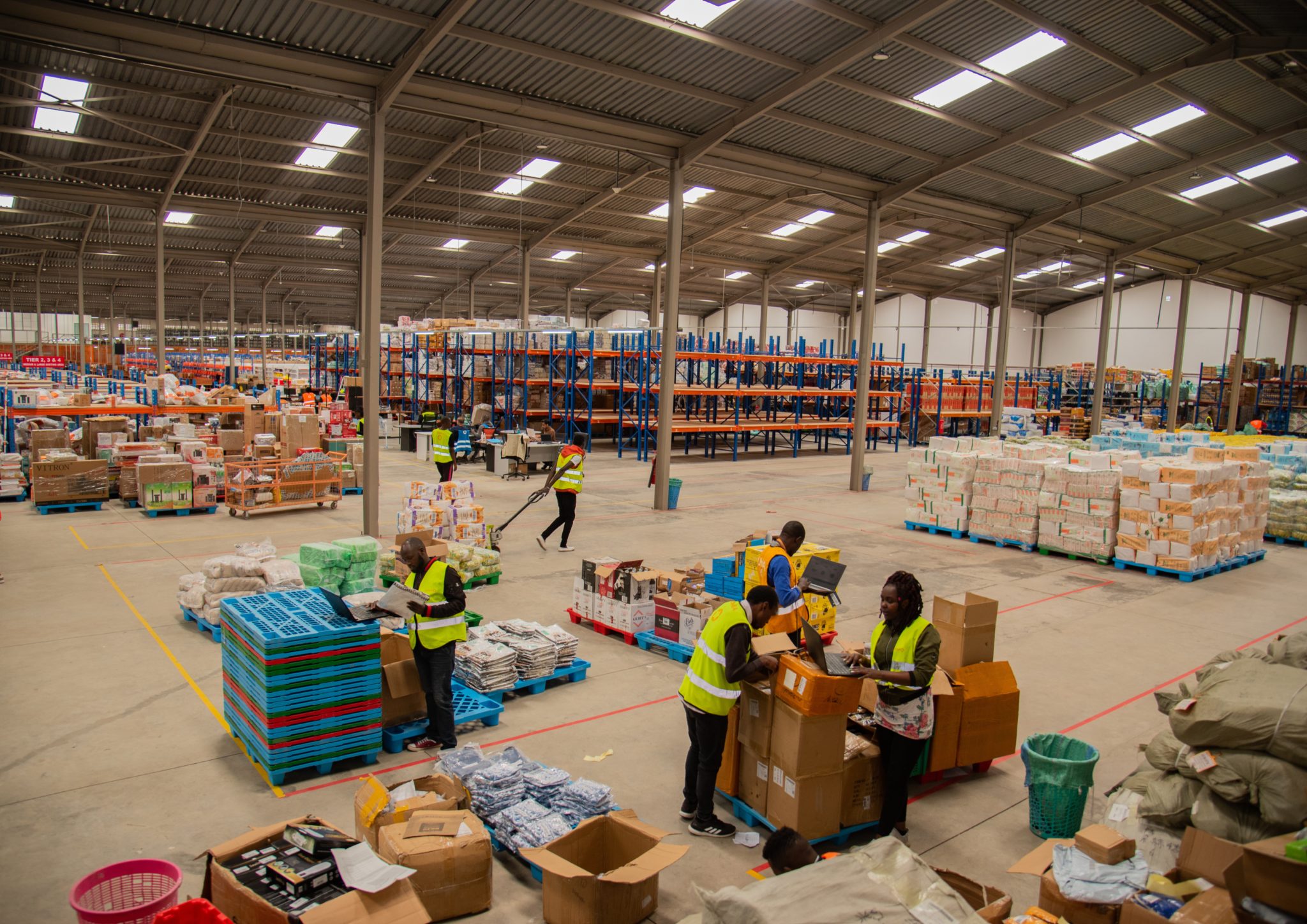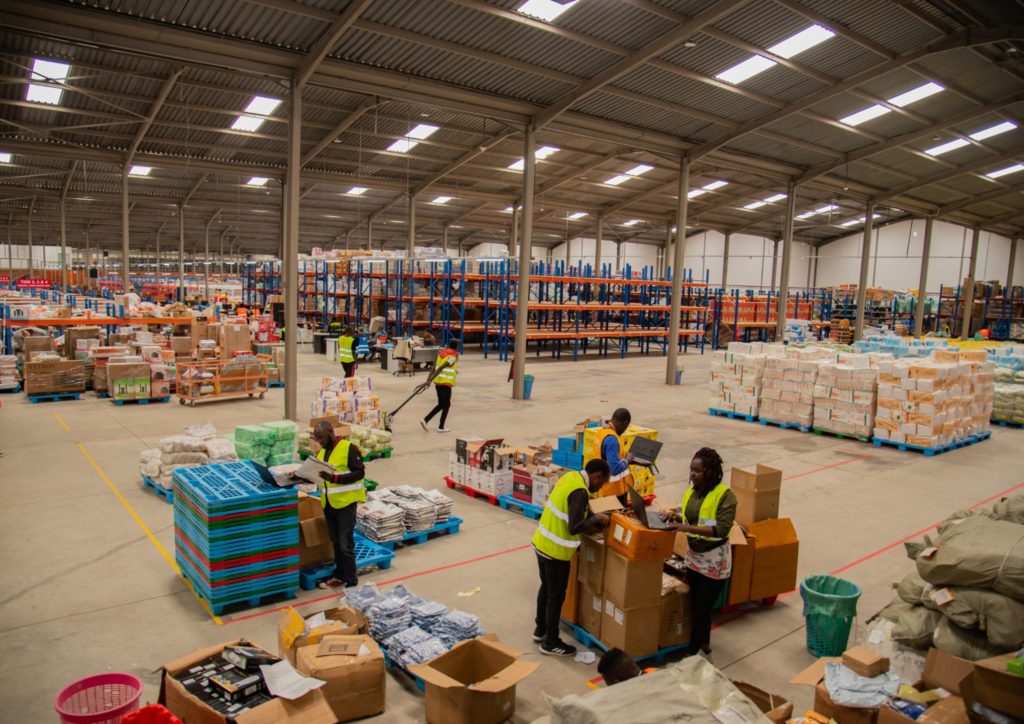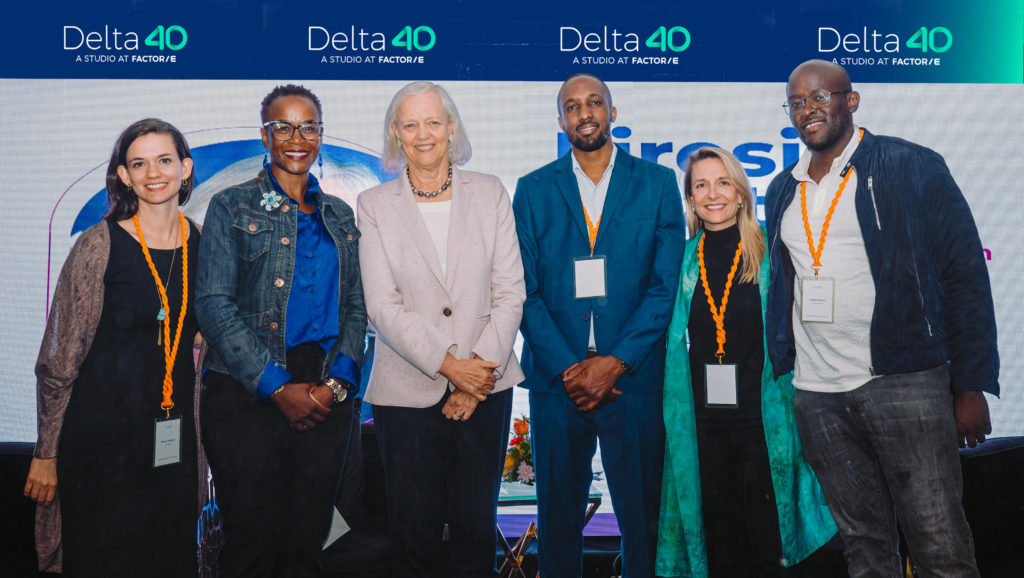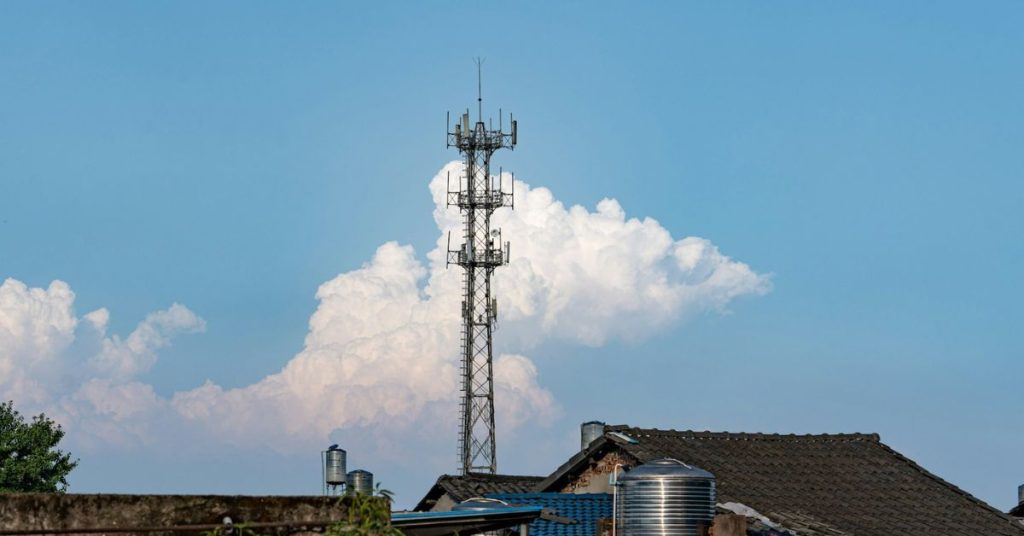One Christmas, Derek Thomas’ friend was swindled when trying to buy Christmas gifts on Facebook. After this experience, Thomas was determined to provide an alternative solution for people in Zambia and build Gwila.
Gwila is one of the first e-commerce marketplaces in Zambia that allows people to sell their products and services, and Derek Thomas is determined to expand into other markets as soon as he can. He believes that Gwila provides Zambian youth with an opportunity to reach a wider market and earn money. According to Thomas, “We’re here to serve the market.”
TechCabal: What’s the e-commerce behaviour in Zambia like?
DT: Zambians are already accustomed to buying things online. The sad thing is that they typically buy from social media where they frequently get swindled. There are two factors in making sure that they access e-commerce, one being payments and the other being trusted sellers. In terms of payment, we accept mobile money which nearly all Zambians have access to. We don’t want to accept any cards and have decided on mobile money as it is more inclusive and debit cards are more susceptible to fraud. We’ve also got the buyer protection and refund policy which protects the buyers from scams and gives them a timeframe within which they can cancel the order or return the products if they’re not as advertised. It’s not a very mature market right now and so we’re doing all we can to make the buying process less stressful for customers.
TC: How good is the logistics industry in Zambia and how does that affect operations at Gwila?
DT: We partner with courier companies that do bike deliveries around, and we also have companies that do bulk deliveries across the country. Logistics is not much of a challenge for us because we’re mainly delivering small packages that are easier to move about. Thankfully, we have a pretty good road network in Zambia so that’s not much of a problem for us.
TC: What are the challenges that come with building a startup like Gwila? What does it take to be a founder?
DT: One challenge we’ve had is funding. It’s not easy to wake up in the morning with a great idea and just find people who automatically believe in your idea and would like to give you money for it. You basically have to fund everything yourself at first and prove that it works for others to see before securing funding down the line. Countries like Nigeria are different because it’s a much more mature market for investing. In Southern Africa, it’s really tough.
Another challenge is skill. It’s hard finding the right people to build with you who understand the nascent nature of the online market and know how to speak to the customers. Luckily, I can do a lot of these things because I have a technical background. I’ve consulted for huge brands, across the UK, Europe, the Middle East, and certain parts of Africa, and I understand what it takes to build a product to get it to market to put a team together quickly. I’m lucky in that sense because I’m pretty much able to gather the different skills together and fill in the gaps where needed.
TC: Do you see collaborations with other sectors or industries?
DT: Absolutely. With the breakneck speed that the technology space is going, and just business in general, everything is about partnerships. We’re focused on partnerships with different sectors, be it logistics, payments, or even new products for our site. We’re already talking about a partnership with telcos for peer-to-peer payments on the platform.
TC: How do you onboard vendors?
DT: We initially had this huge process for onboarding vendors, which included uploading their IDs and verifying their addresses among other things. We approached this from a security perspective and that made sense. However, we quickly realised that is a bottleneck and makes it difficult for vendors to onboard. Vendors want to sign up and start selling immediately and all of the questions and long processes just discourage them.
What we’ve now done is focus on security measures internally. We make it really easy for vendors to onboard meaning that they just go on the portal, fill in the application form which asks for their name, and phone number, and encourage them to set up a store immediately. When they’re on the portal, they register who they are and after going through the process, they can upload a name and logo for the store, and then publish products. Now, what we do, is that we scrutinise products that are being posted. So instead of scrutinising the vendors, we review each product to be sure that it meets our criteria before approving it to be published. From a security point of view, we have put in place measures to protect against fraudulent vendors and one of those is bank-only settlements. So even though customers pay us using mobile money, we settle with the vendors directly to their bank accounts, and after seven days, to be sure that the customer has received their goods without any complaints.
We pay into banks to advantage of the KYC. We rely on the banking system to have already done their due diligence so that if there’s any problem with any of the vendors, the bank’s system already has their details.
TC: What should be expected from Gwila in the next five years?
DT: Right now, we’re serving a local Zambian market but we plan to expand to other African countries. That’s our vision. We want to cover the continent in the shortest time possible while being cognizant of the fact that we need collaborations to do this. In the next five years, we’re going to collaborate with as many sectors as possible to facilitate this. We’re here to serve the entire market.
*This interview has been edited for clarity.









